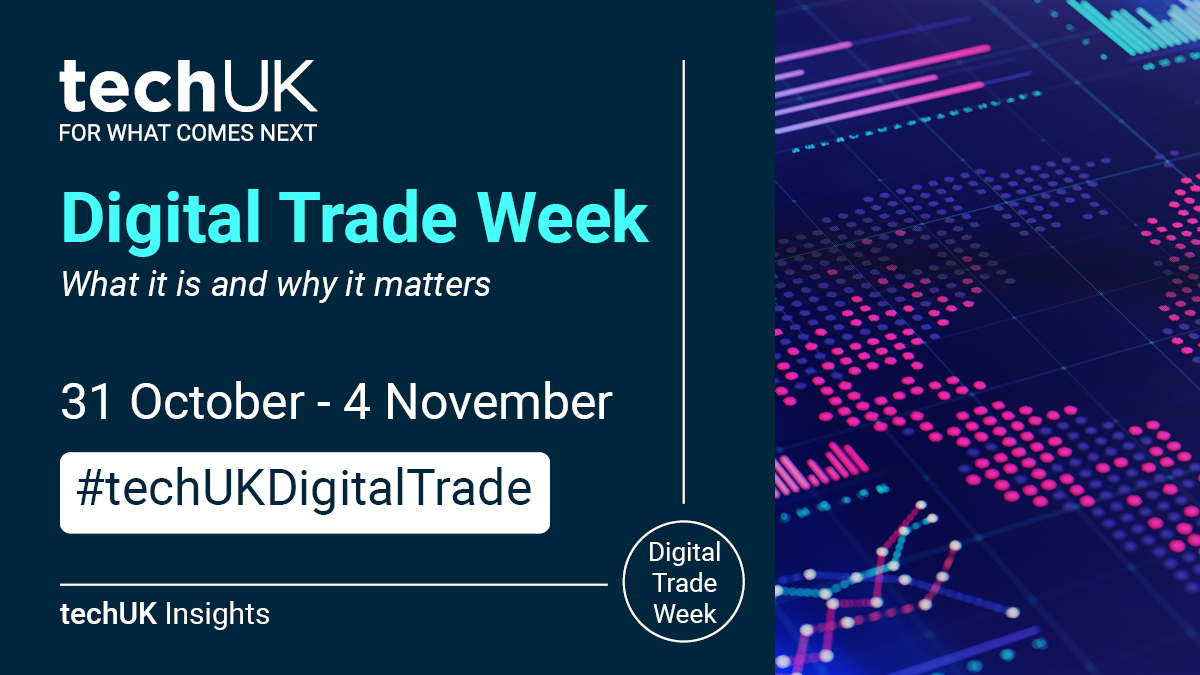The importance of understanding the applicability of international trade law to digital services

The emergence of the Internet and the phenomenon of the digitisation of traditional goods and services has had a major impact on global trade. In the same way as digital goods and services have seeped into every aspect of our daily lives, digitisation has permeated international trade, heavily impacting cross-border trade in goods and services. Goods need no longer be bought in brick-and-mortar stores but can now be ordered online with minimal effort. Goods produced on the other side of the world are only one click away and consumers are spoiled with endless choice in virtual marketplaces.
The term electronic commerce (or e-commerce) mainly evoke images of mighty platforms that enable immediate access to thousands of foreign sellers, Amazon’s ‘1-Click’ ordering and the delivery of countless packages through courier services. However, trade in physical goods that are purchased online is only a part of what e-commerce encompasses. Trade in services has actually been affected most by the digitisation of international trade. Nowadays anyone with an internet connection can access and purchase services from a service supplier anywhere in the world. Most types of services can now be provided digitally, without requiring any physical proximity between service provider and consumer. This has caused a significant surge in global trade in (digital) services. The group of services that qualifies as 'digital' is vast and covers any service that is supplied digitally. Examples include search engine services, social media services, streaming services, data processing services, and electronic payment services.
The WTO Agreements that cover global trade were negotiated during the Uruguay Negotiation Round, which concluded in 1994. The agreement that covers international trade in services, the General Agreement on Trade in Services (GATS), hence also dates back to the early nineties. WTO Members negotiated their commitments at a time when commercial use of the Internet was still very much in its infancy. This raises the question whether, from the point of view of the applicability of the GATS, what we now consider as quintessential digital services trade is different from services trade in an 'offline' form.
The agreements resulting from the Uruguay Negotiation Round did not anticipate the way in which the Internet would impact international trade. This has prompted the question whether agreements that date back to 1994 can be applied unencumbered to this ‘new way of trading’. Due to the proliferation of digital services trade, the need for regulation has grown steeply and countries around the world are increasingly regulating digital services. Where such regulation affects international trade in digital services, as it almost invariably does, it is subject to that country's obligations under WTO law.
Due to the broad scope of the GATS, its obligations also apply to digital services. This entails that the commitments undertaken by WTO Members to liberalise trade in international services, equally apply to services that are traded digitally. This puts into question the WTO legality of, for example, discriminatory data localisation requirements (DLRs), limitations on internet access and content control measures, digital services taxes, and prohibitions on digital supply of services. Countries should be mindful of the applicable WTO rules when they (or their trading partners) regulate digital services in a way that negatively affects the cross-border provision of such services.
On top of countries' existing obligations under WTO law, additional obligations on international trade in digital services are created by the increased inclusion of 'e-commerce' or 'digital trade' chapters in bilateral and regional free trade agreements (FTAs). FTAs increasingly include far-reaching obligations in relation to digital trade. Examples include commitments not to apply customs duties to digital products, prohibitions on DLRs, ensured cross-border data flows, protection of personal data and best-endeavour clauses on Internet access. Digital trade is starting to play a pivotal role in bilateral and regional trade negotiations, with several countries concluding so-called 'digital economy agreements' or 'digital trade agreements' to further commitments on liberalisation of digital trade.
Tech businesses that face barriers to providing their digital services in certain foreign markets should therefore make sure they are aware of the applicable international trade rules and leverage these to ensure that governments regulate in a way that complies with their commitments to liberalise trade in services.
For an in-depth analysis of the position of digital services under the GATS and in FTAs, you can read Ines Willemyns’ book ‘Digital Services in International Trade Law’ here.




